 If Sidney Poitier was a wine, 1967 would be his best vintage.
If Sidney Poitier was a wine, 1967 would be his best vintage.
He was already a household name and had broken many “firsts,” but in 1967 he starred in three major films and was the top movie star of the year. To Sir, with Love; In the Heat of the Night; and Guess Who’s Coming to Dinner are all classic films in their own right. When you realize this is one year’s work, well, it was clearly an incredible feat.
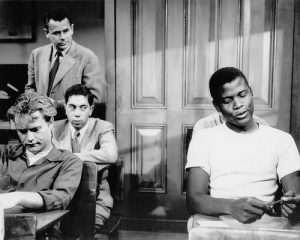
Not bad for an actor who was at first rejected because he couldn’t sing, only learned to read well when he was in his late teens, and worked at erasing his Bahamian accent so he could land acting roles (his parents were from the Bahamas but were visiting in Miami when he was born prematurely). He was on Broadway early and at age 22 was already showing up in films. His 1955 appearance in Blackboard Jungle caught people’s attention, and his Academy-nominated performance in The Defiant Ones, with Tony Curtis, put him in the spotlight. He returned to Broadway to star in the first production of A Raisin in the Sun in 1959 and reprised his role in the 1961 film version. Then he became the first black actor to win the Academy Award for Best Actor in 1963,’s Lilies of the Field.
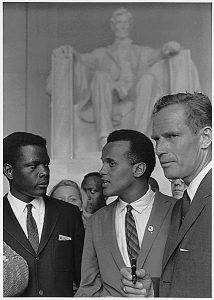
Being a black actor in the 1960s meant that whatever Poitier did was interpreted through the civil rights lens. While he used his prominence to further the civil rights movement, he resisted some activism, which angered some of his friends. As his biographer, Aram Goudsouzian says, “Poitier’s rhetoric balanced between progressive politics and public appeal. He recognized his position as a spokesman and fundraiser, which suited his philosophical, nonconfrontational nature. He thus typically refrained from overt activism.”
But Poitier was aware that every role he chose would be interpreted through a racial lens, and many of his roles address racial issues head on. While he received some criticism for being “too acceptable” in Guess Who’s Coming to Dinner, his role in In the Heat of the Night shows him facing down overt racism while struggling with his own sense of self. The film’s simple story exposes the complexity of racism.
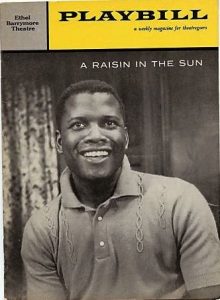
As always, when we select these films, we struggle over which ones to select. It was a struggle to pass on The Defiant Ones, while it seems like we had to choose Lilies of the Field since he won the Oscar for that performance. We open with A Raisin in the Sun, Lorraine Hansberry’s incredible play that Poitier starred in both on stage and film. Personally, In the Heat of the Night is one of my all-time favorite films, so I was fighting for that one at the outset. And while it is starting to feel dated, it is hard to pass up Poitier, Hepburn, and Tracy (all Oscar winners) together in Guess Who’s Coming to Dinner.
Having conquered the acting world, he became a successful director (Stir Crazy) and continues to receive honors. He was Knighted by Queen Elizabeth II in 1974, and President Obama presented him with the highest civilian award in the U.S., the Presidential Medal of Freedom. Most recently, in 2016, he was awarded a lifetime achievement award by BAFTA (British Academy of Film and Television Arts).
We hope you join us as these classics return to the big screen as part of our One Night Only series. All shows begin at 7:30 p.m. and cost just $5.
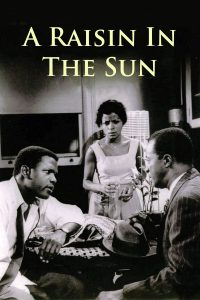
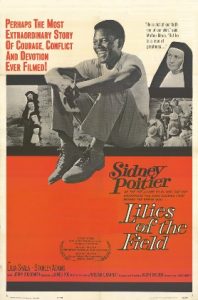
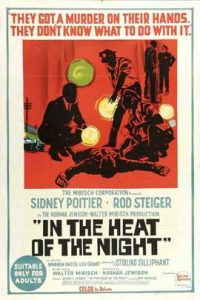
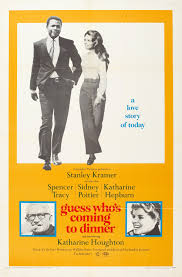


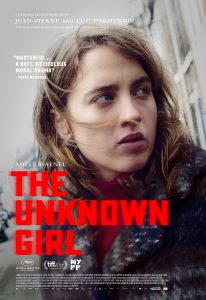 The Belgian-French drama follows Jenny (Adele Haenel), a young doctor who leaves the clinic door unanswered, only to find out that the African woman found dead shortly after was the one ringing the bell. Driven by guilt and redemption, Jenny sets out to find out who the woman is and see to it that she is not forgotten.
The Belgian-French drama follows Jenny (Adele Haenel), a young doctor who leaves the clinic door unanswered, only to find out that the African woman found dead shortly after was the one ringing the bell. Driven by guilt and redemption, Jenny sets out to find out who the woman is and see to it that she is not forgotten.
 The series opens with
The series opens with  The series will feature
The series will feature 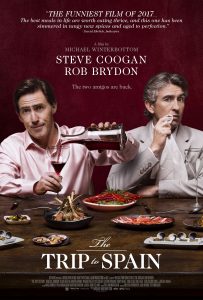 The series will continue with
The series will continue with 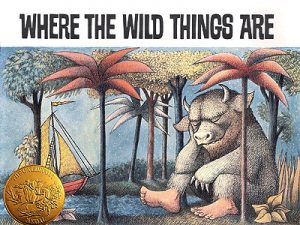 The night Max wore his wolf suit
The night Max wore his wolf suit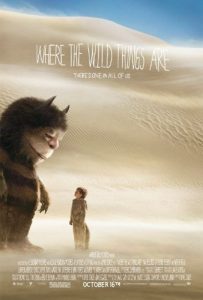
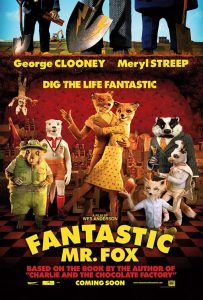
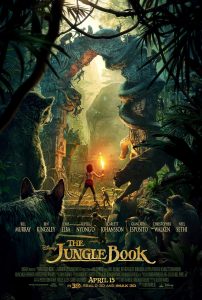
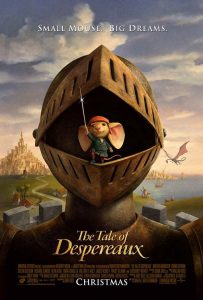
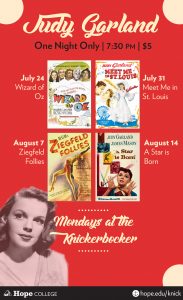
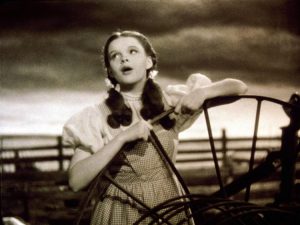
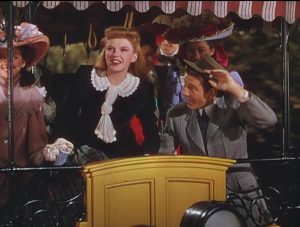
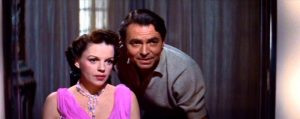
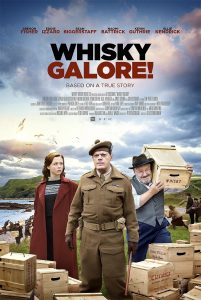 So we open with a film name that will surely get some attention on the marquee! Whisky Galore is a remake of a 1949 film that was based on a novel by Sir Compton Mackenzie. It tells the true story (with dramatic license) of what happens in the tiny Scottish island of Todday when the SS Politician runs aground with 264,000 bottles of malt whisky. And, since war rationing has left the island dry, in a manner of speaking, the local folks’ desire to help this ship is great indeed. It is a comedy and a romance (and we note that while not all comedies are romances, some argue that all romances are comedies) with English comedian Eddie Izzard in the lead role as Captain Wagget, the officer responsible for making sure the whisky is accounted for.
So we open with a film name that will surely get some attention on the marquee! Whisky Galore is a remake of a 1949 film that was based on a novel by Sir Compton Mackenzie. It tells the true story (with dramatic license) of what happens in the tiny Scottish island of Todday when the SS Politician runs aground with 264,000 bottles of malt whisky. And, since war rationing has left the island dry, in a manner of speaking, the local folks’ desire to help this ship is great indeed. It is a comedy and a romance (and we note that while not all comedies are romances, some argue that all romances are comedies) with English comedian Eddie Izzard in the lead role as Captain Wagget, the officer responsible for making sure the whisky is accounted for.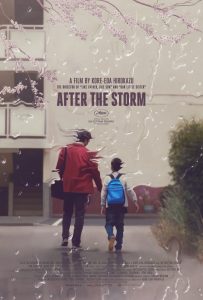 After the Storm brings us a film from a Japanese director popular in our office. Hirokazu Koreeda directed an office favorite, “Our Little Sister” as well as another film we liked and showed, “Still Walking.” Koreeda has the ability to present dramatic situations with a touch of humor, much like we (should) handle them in life. Hiroshi Abe (whom we saw in “Still Walking”) is a one-hit wonder author who spends his time making ends meet by working as a private detective, and making ends not meet by gambling. After his father dies, he realizes the importance of family and wants to reconnect with his young son, ex-wife, and his mother. Given his track record, he is not welcomed with open arms. But when he gets the chance to reconnect with his son, he does not want to let the opportunity slip by him.
After the Storm brings us a film from a Japanese director popular in our office. Hirokazu Koreeda directed an office favorite, “Our Little Sister” as well as another film we liked and showed, “Still Walking.” Koreeda has the ability to present dramatic situations with a touch of humor, much like we (should) handle them in life. Hiroshi Abe (whom we saw in “Still Walking”) is a one-hit wonder author who spends his time making ends meet by working as a private detective, and making ends not meet by gambling. After his father dies, he realizes the importance of family and wants to reconnect with his young son, ex-wife, and his mother. Given his track record, he is not welcomed with open arms. But when he gets the chance to reconnect with his son, he does not want to let the opportunity slip by him. 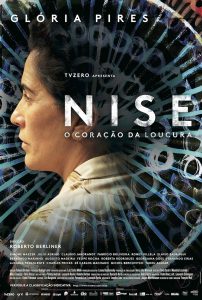 And, then we get serious. Nise: The Heart of Madness is based on the real-life story of Dr. Nise de Silveira. Her entire life is a lesson in battling the odds, including being the only female graduate in her medical class. She shows up in the 1940s to work at the Rio de Janeiro psychiatric hospital, where she is given little respect since she is a woman. Undaunted, she turns the psychiatric world upside down with her demand for and success with treating the mentally ill in humane way. This is not a documentary, but a dramatic telling of this one time in her life. But, after seeing it, you’ll want to learn the history of this doctor who
And, then we get serious. Nise: The Heart of Madness is based on the real-life story of Dr. Nise de Silveira. Her entire life is a lesson in battling the odds, including being the only female graduate in her medical class. She shows up in the 1940s to work at the Rio de Janeiro psychiatric hospital, where she is given little respect since she is a woman. Undaunted, she turns the psychiatric world upside down with her demand for and success with treating the mentally ill in humane way. This is not a documentary, but a dramatic telling of this one time in her life. But, after seeing it, you’ll want to learn the history of this doctor who is highly regarded in Brazil and beyond for her work. Hey, she even has a stamp with her picture, and for nerdy stamp collectors like me, that is high praise.
is highly regarded in Brazil and beyond for her work. Hey, she even has a stamp with her picture, and for nerdy stamp collectors like me, that is high praise.  From there we go to another film featuring women fighting for some rights. However, this a bit more light! The Women’s Balcony is a comedy out of Israel where it has been a huge hit. A tragedy takes an Orthodox Jewish community’s rabbi out of the picture for a while. In his place a young rabbi with strong views shows up, and before we know it we have the classic battle of the sexes played out, complete with quotes for Jewish philosophers? A fast-moving, funny film — even the
From there we go to another film featuring women fighting for some rights. However, this a bit more light! The Women’s Balcony is a comedy out of Israel where it has been a huge hit. A tragedy takes an Orthodox Jewish community’s rabbi out of the picture for a while. In his place a young rabbi with strong views shows up, and before we know it we have the classic battle of the sexes played out, complete with quotes for Jewish philosophers? A fast-moving, funny film — even the 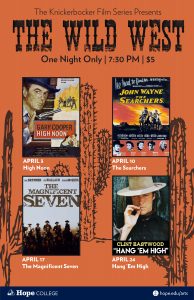 The showdown on a dusty street. The cool stare of death. The flawed hero. The cold gun. The morality tale told in a new way. The Knickerbocker’s upcoming edition of its “One Night Only” film series features the Western genre. The films chosen represent a cross-section of the Western’s development from the 50’s through the 60’s using some of its most iconic films. In their own way, each of the four films selected represents a change in the development of this genre.
The showdown on a dusty street. The cool stare of death. The flawed hero. The cold gun. The morality tale told in a new way. The Knickerbocker’s upcoming edition of its “One Night Only” film series features the Western genre. The films chosen represent a cross-section of the Western’s development from the 50’s through the 60’s using some of its most iconic films. In their own way, each of the four films selected represents a change in the development of this genre.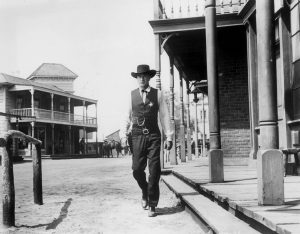 High Noon
High Noon 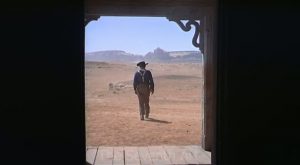
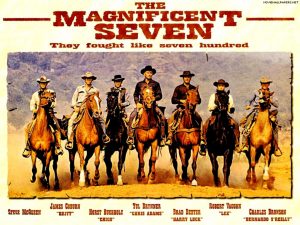
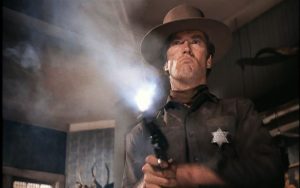

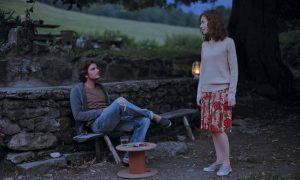
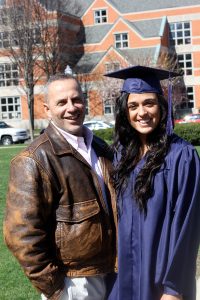


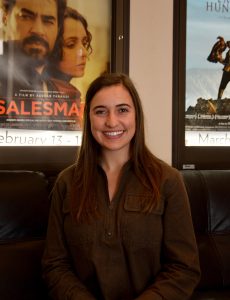
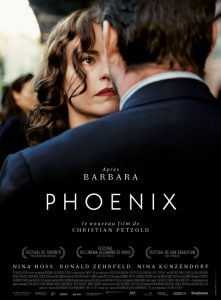 Some of my favorite movies previously shown include
Some of my favorite movies previously shown include  If you’re not aware already, the Knickerbocker Theatre is located on-campus (well, right on the edge and on 8th Street). There’s no car-pooling or fuel needed to attend a Knick movie. So go ahead, take one of the new crosswalks on Ninth St to Anderson-Werkman and walk through the first floor until you hit the Knick! You won’t regret it.
If you’re not aware already, the Knickerbocker Theatre is located on-campus (well, right on the edge and on 8th Street). There’s no car-pooling or fuel needed to attend a Knick movie. So go ahead, take one of the new crosswalks on Ninth St to Anderson-Werkman and walk through the first floor until you hit the Knick! You won’t regret it.